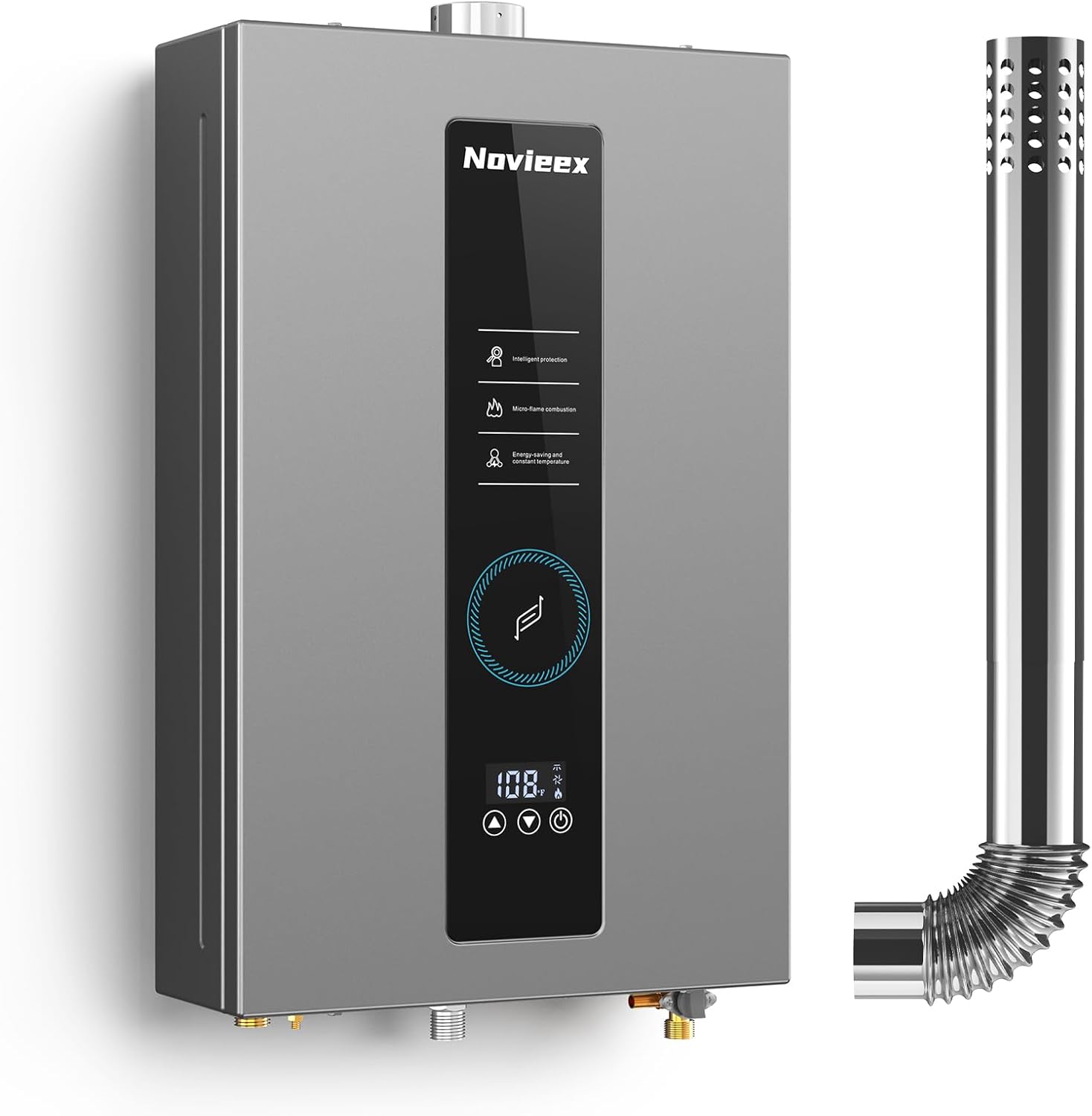Check for power supply issues, inspect the thermostat settings, clean or replace filters, and ensure proper ventilation to effectively troubleshoot oil heaters.
Oil heaters provide reliable warmth, but like any heating system, they can develop problems. Knowing how to troubleshoot common issues can save you time and money. This guide covers essential troubleshooting steps for oil heaters.

Basic Oil Heater Checks
Start with these simple checks before moving to more complex troubleshooting:
- Verify power is connected and circuit breaker isn’t tripped
- Check thermostat settings (at least 5° above room temperature)
- Confirm adequate oil level in tank
- Ensure fan setting is on “auto”
Power and Thermostat Verification
Many apparent heater failures stem from simple power issues or thermostat misconfigurations. Check your home’s circuit breaker panel first. If the breaker trips repeatedly, you may have an electrical issue requiring professional attention.

Fuel System Troubleshooting
Oil heaters rely on proper fuel delivery. Common fuel-related problems include:
Low Oil Levels
Never rely solely on the tank gauge. Use a dipstick to physically check oil levels. Running low causes sludge to enter lines, clogging filters. For optimal performance, maintain at least 1/4 tank.
Clogged Filters
Oil heaters have two critical filters:
- In-line fuel filter (replace if clogged)
- Air filter (clean or replace monthly)
A clogged air filter reduces airflow, causing overheating and shutdowns. Replace dirty filters immediately. For fuel filters, consider quality replacement parts for longer service life.
Reset Button Operation
The reset button serves as a safety feature. Follow these guidelines:
- Press only once – wait 30 minutes before second attempt
- Never press more than twice
- Frequent resets indicate underlying issues
According to U.S. Department of Energy, excessive reset attempts can flood the combustion chamber, creating potential hazards.
Professional Service Indicators
Some problems require expert attention:
| Symptom | Likely Cause | Action |
|---|---|---|
| Frequent reset needs | Fuel delivery issues, bad nozzle | Call technician |
| Unusual noises | Blower or motor problems | Professional inspection |
| Oil odor | Possible leak | Immediate service |
Maintenance for Prevention
Regular maintenance prevents most issues:
Annual Professional Service
Schedule yearly maintenance before heating season. Technicians will:
- Clean and inspect burner assembly
- Check heat exchanger for cracks
- Test safety controls
- Replace nozzle and filter
DIY Maintenance Tasks
Between professional services:
- Monthly filter checks
- Keep area around heater clear
- Monitor fuel quality
- Listen for unusual sounds
For optimal performance, consider upgrading to modern oil heaters with fans that distribute heat more efficiently.
As noted by Air Conditioning, Heating and Refrigeration Institute, proper maintenance can extend heater life by 5-10 years while maintaining efficiency.

